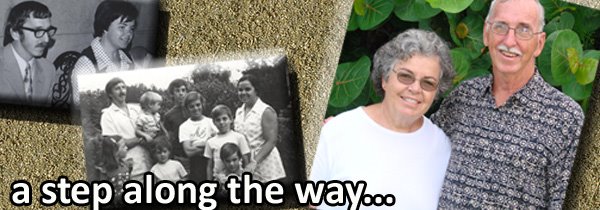Being involved in the initiation and development of the AIDS treatment program has been one of the most satisfying things I have ever been involved with. You cannot imagine the satisfaction when you see this woman who was at deaths door and weighing only about 65 pounds just a year ago, and now is totally well and weights 130 pounds. As Elise, at Mission Doctors Associations, says: “where else would you find a woman who would be happy about gaining 65 pounds?”
Here is a picture I took of one of the empty male wards: I am
 proud of it, because when we arrived at St. Theresa’s in 2001, these wards were all full of dying AIDS patients. The overall hospital census has dropped from an average of 130 per day to under 70 per day. There is no other area of medicine where one can have such a huge impact!"
proud of it, because when we arrived at St. Theresa’s in 2001, these wards were all full of dying AIDS patients. The overall hospital census has dropped from an average of 130 per day to under 70 per day. There is no other area of medicine where one can have such a huge impact!"Much of the success of decreasing the incidence of AIDS is because of the treatment of AIDS patients. After being on treatment for six months or more, the viral load decreases to "undetectable" and this means that transmission to another is much, much less likely. Kudos to ALL involved in this work throughout the world, and to the UN Global AIDS and TB program. We must keep the "pressure" on the rich countries of the world to continue to support this work, and even increase the funding so that more and more people can have access to treatment.




